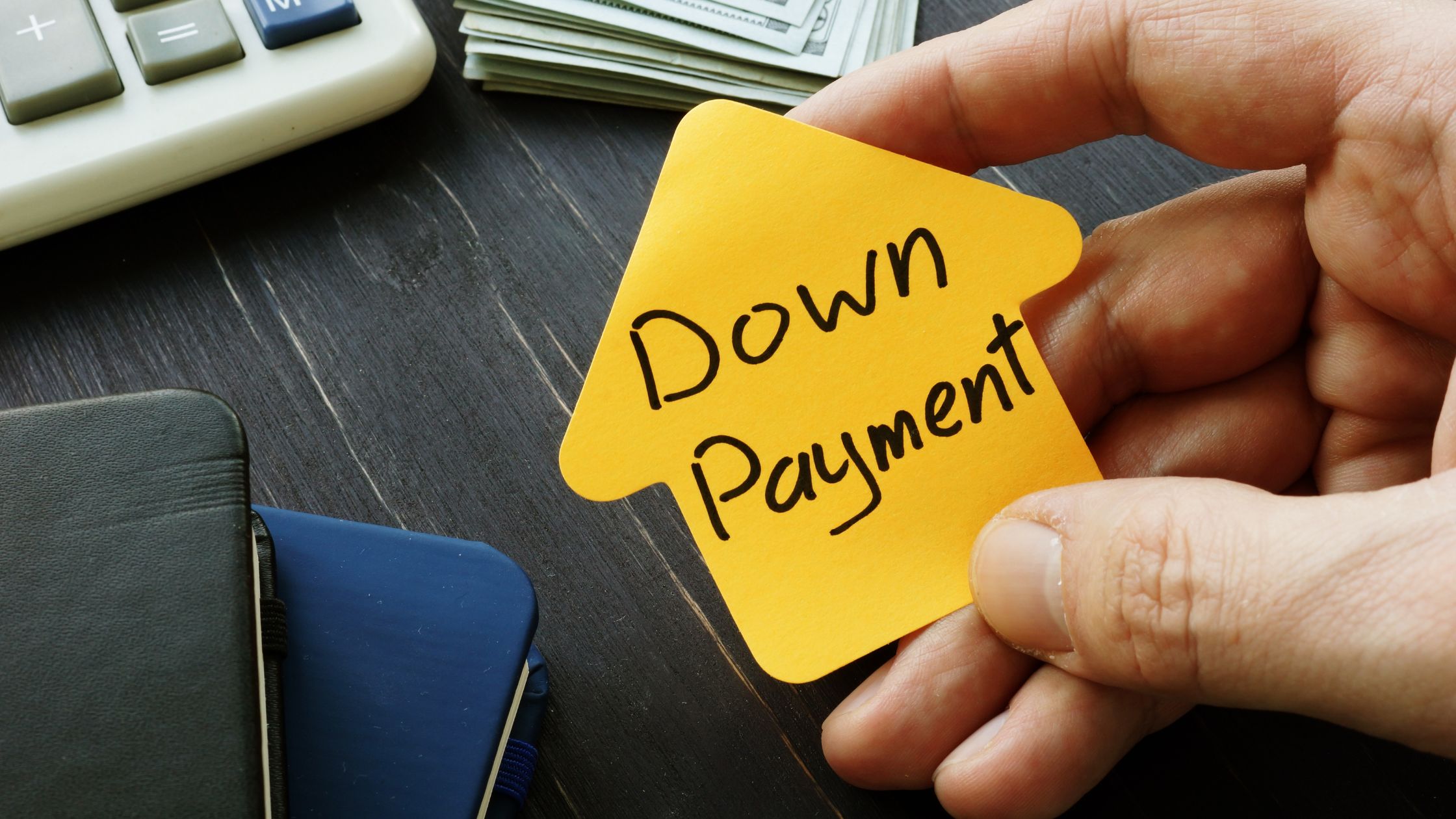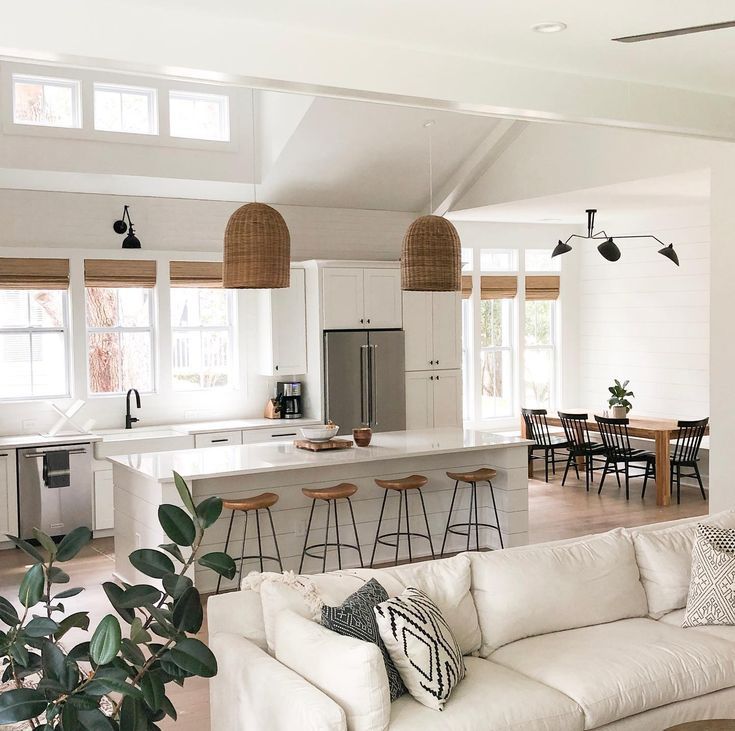Key Takeaways
-
PMI protects the lender, while homeowners insurance protects the homeowner and their property.
-
PMI is required for loans with less than 20% down payment, whereas homeowners insurance is usually required by lenders for the life of the loan.
-
Homeowners insurance covers structure, belongings, and liability, but does not cover risks like floods or earthquakes.
-
PMI can be removed once equity hits 20%, but homeowners insurance continues as long as premiums are paid.
Understanding the difference between private mortgage insurance (PMI) and homeowners insurance is essential for new homeowners. While both offer financial protection, they serve distinct purposes. Knowing how each works helps homeowners protect their investment and avoid unnecessary costs.
What Is Private Mortgage Insurance (PMI)?
Private mortgage insurance (PMI) protects the lender if a borrower defaults on their mortgage payments. Lenders typically require PMI when a borrower puts down less than 20% of the home’s purchase price. Borrowers with FHA and USDA loans pay mortgage insurance premiums (MIP), which often last the entire loan term.
How to Avoid Paying PMI
- Save for a larger down payment (20% or more).
- Use a lender with special mortgage programs that offer low down payment options without PMI (ideal for first-time buyers, low-income borrowers, or certain professions like doctors and teachers).
- Consider VA or USDA loans if eligible, as they don’t require PMI.
- Opt for lender-paid mortgage insurance (LPMI), which eliminates PMI but results in a higher mortgage interest rate.
- Explore a piggyback loan (80/10/10 strategy), which involves taking out a first mortgage (80%), a second mortgage (10%), and making a 10% down payment to avoid PMI.
When Can You Remove PMI?
For conventional loans, PMI can be removed when home equity reaches 20%. The removal process depends on:
- Borrower request: You can ask for PMI cancellation once equity reaches 20%.
- Automatic termination: Lenders must cancel PMI when equity hits 22% (based on the original home value).
- Final termination: PMI automatically ends when the loan reaches its midpoint (e.g., year 15 on a 30-year loan).
- Refinancing: If the home’s value has increased, refinancing may eliminate PMI sooner.
What Is Homeowners Insurance?
Homeowners insurance, also called hazard insurance, protects homeowners by covering damage to the structure, personal belongings, and liability risks. It helps repair or replace a home after disasters like fires, storms, theft, and vandalism.
Cost of Homeowners Insurance
The price of homeowners insurance varies based on location, home characteristics, and risk factors. The national average for $250,000 in dwelling coverage is about $1,428 per year. Most homeowners pay this premium through an escrow account, where a portion of the mortgage payment covers insurance costs.
What Does Homeowners Insurance Cover?
Homeowners insurance policies differ, but most standard plans include:
- Dwelling coverage – Protects the home’s structure.
- Other structures coverage – Covers detached garages, fences, sheds, etc.
- Personal property coverage – Reimburses for stolen or damaged belongings (furniture, clothing, electronics).
- Liability insurance – Protects against financial losses if someone is injured on your property.
- Medical payments coverage – Helps cover medical bills for guests injured in the home.
- Additional living expenses (ALE) coverage – Covers temporary housing costs if the home is unlivable due to a covered event.
Common Covered Claims
- Fire and smoke
- Windstorms and hail
- Lightning strikes
- Vandalism and theft
- Falling objects
- Weight of ice, snow, or sleet
- Water damage (not from floods)
What Homeowners Insurance Does NOT Cover
Standard policies do not cover:
- Floods
- Earthquakes
- Sinkholes
To protect against these risks, homeowners can purchase separate policies or endorsements. Diamond Legacy Insurance, our in-house insurance agency, offers homeowners policies tailored to fit specific needs, including additional coverage for floods, earthquakes, and other high-risk perils.
Is Homeowners Insurance Required?
Homeowners insurance is not legally required at the federal or state level. However, most mortgage lenders mandate coverage for the life of the loan. Even after paying off a mortgage, experts recommend keeping homeowners insurance to protect against financial losses.
| Feature | Private Mortgage Insurance (PMI) | Homeowners Insurance |
| Purpose | Protects the lender from borrower default | Protects the homeowner’s property and liability |
| Who It Protects | The lender | The homeowner |
| Requirement | Required for loans with <20% down payment | Usually required by lenders |
| Coverage | Lender’s risk in case of default | Home structure, personal property, and liability |
| Cancellation | Can be removed once equity reaches 20% | Stays active as long as premiums are paid |
Bottom Line
PMI and homeowners insurance serve different purposes. PMI protects lenders, while homeowners insurance protects homeowners. Understanding both can help homeowners make informed financial decisions and avoid unnecessary costs.
Need Help With Your Mortgage or Homeowners Insurance?
- Click below and get a free mortgage quote today
- Check if you qualify for PMI removal
- Compare homeowners insurance rates with Diamond Legacy Insurance
FAQs: PMI vs. Homeowners Insurance
No SSN required. Zero impact to credit. Your Information is never sold.



